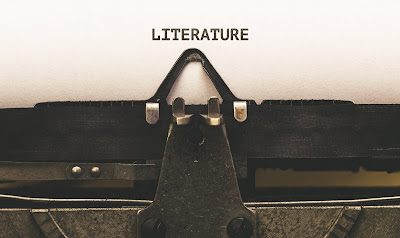It is rare that a quote captures the essence of an entire novel, but here are a few standout quotes from dozens of beloved and world-renowned classics.
Most of life is so dull that there is nothing to be said about it, and the books and talk that would describe it as interesting are obliged to exaggerate, in the hope of justifying their own existence.
E. M. Forster, A Passage to India
That is the one unforgivable sin in any society. Be different and be damned!
Margaret Mitchell, Gone with the Wind
Six months ago I had never been to England, and, certainly, I had never sounded the depths of an English heart. I had known the shallows.
Ford Madox Ford, The Good Soldier
The whole mad swirl of everything that was to come began then.
Jack Kerouac, On the Road
In his Petersburg world, all people were divided into two completely opposite sorts. One was the inferior sort: the banal, stupid and, above all, ridiculous people who believed that one husband should live with one wife, whom he has married in a church, that a girl should be innocent, a woman modest, a man manly, temperate and firm, that one should raise children, earn one’s bread, pay one’s debts, and other such stupidities. This was an old-fashioned and ridiculous sort of people. But there was another sort of people, the real ones, to which they all belonged, and for whom one had, above all, to be elegant, handsome, magnanimous, bold, gay, to give oneself to every passion without blushing and laugh at everything else.
Leo Tolstoy, Anna Karenina
I prefer unlucky things. Luck is vulgar. Who wants what luck would bring? I don’t.
D. H. Lawrence, Women in Love
Human speech is like a cracked kettle on which we tap crude rhythms for bears to dance to, while we long to make music that will melt the stars.
Gustave Flaubert, Madame Bovary
They looked at each other, baffled, in love and hate.
William Golding, Lord of the Flies
I never liked to hunt, you know. There was always the danger of having a horse fall on you.
Ernest Hemingway, The Sun Also Rises
For more fo the classics chetk out www.lassmedia.com.




















